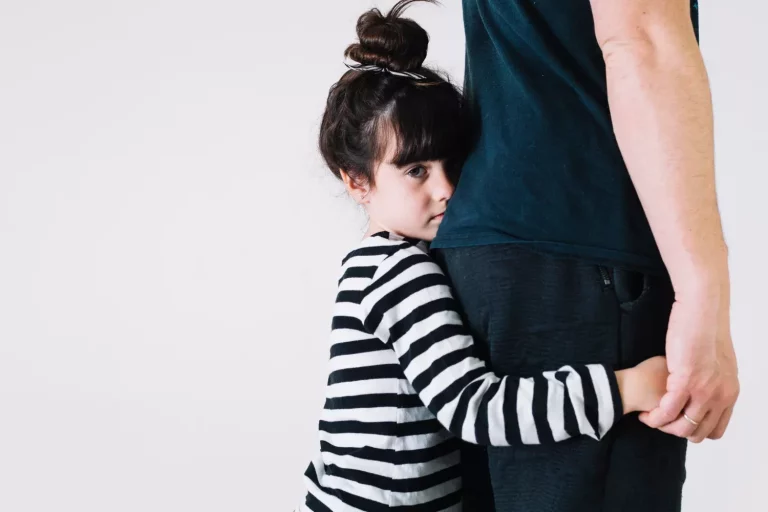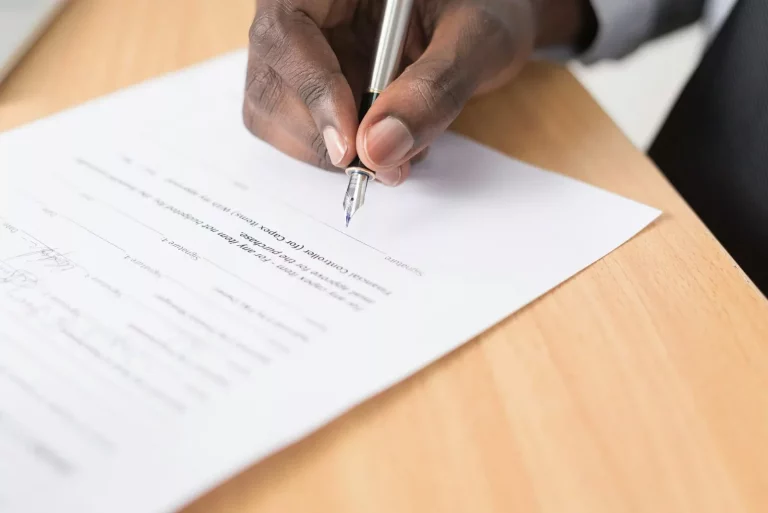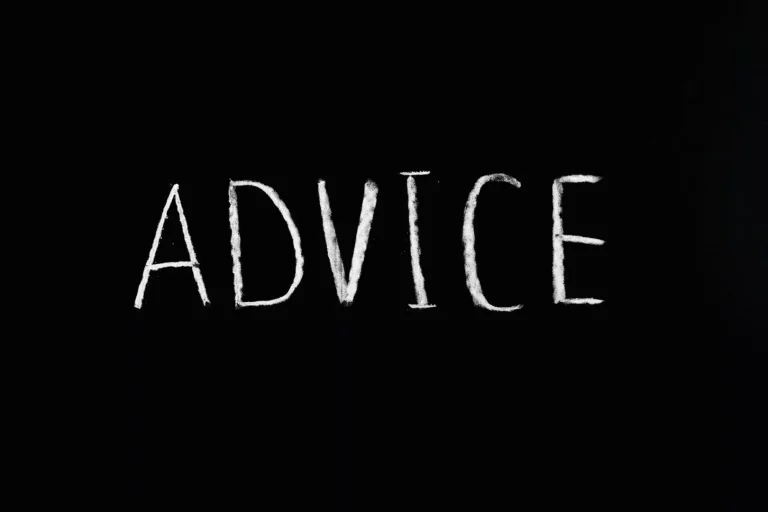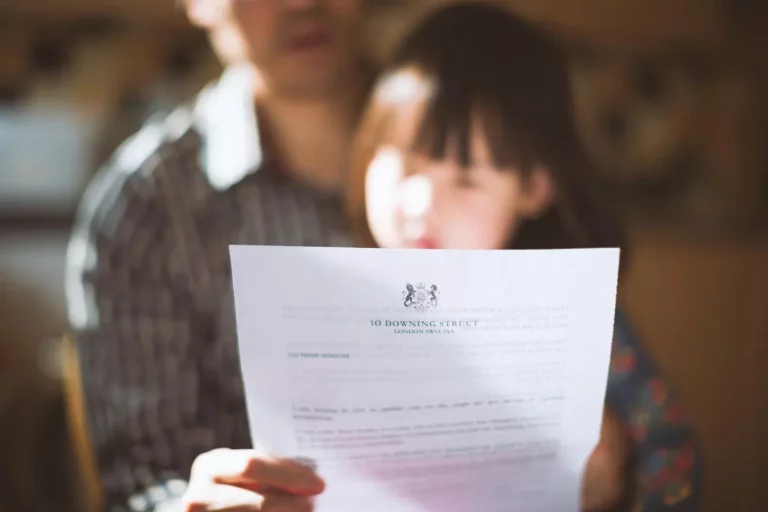Setting Up Mediation for Child Custody
Have you ever wondered how to set up mediation for child custody? Our experienced divorce lawyers at TheBostonDivorceLawyer are here to guide you through the process. Learn how to navigate this important step in your child custody agreement with our expert advice.
As indicated in the legal guidelines for child custody mediation, the first step is to contact a certified mediator who specializes in family law. The mediator will then schedule separate meetings with both parents to discuss their concerns and preferences for custody arrangements. Finally, the mediator will facilitate joint meetings with both parents to try and reach a mutually agreeable custody agreement.
Introduction
When setting up mediation for child custody, I find it essential to introduce the process to both parents.
All kidding aside, mediation is a way for parents to work out custody arrangements with the help of a neutral person, called a mediator. This process is voluntary and provides a safe space for parents to talk openly and reach agreements that are best for their children.
At the start, the mediator will explain their role and the rules to follow. They will also list the topics to discuss, like custody schedules, holiday plans, and decision-making for the children. It’s important for both parents to know that mediation aims to help them find solutions together.
The mediator might also clear up any misconceptions or worries parents have about mediation. Keeping it real, they will highlight the benefits, such as better communication, less conflict, and the chance for parents to decide what’s best for their children.
The introduction can also touch on the emotional side of mediation. It’s normal for parents to feel emotions like anger, sadness, or frustration. The mediator will help them manage these feelings and stay focused on finding good solutions for their kids.
In short, the introduction to mediation helps parents understand the process and prepares them for productive discussions. By creating a positive and cooperative environment, parents can work together to develop custody arrangements that benefit their children.
Legal requirements
When I set up mediation for child custody, I have to follow legal requirements to ensure the process is both valid and fair.
All kidding aside, these rules are made to protect everyone’s rights, especially the child’s well-being.
First, it’s required that both parents are told about the mediation process and can take part in it. This way, both parents can share their thoughts and wishes about custody.
It’s also necessary that the mediator is well-trained and qualified to handle child custody cases. This ensures the mediator can effectively help the parents communicate and reach an agreement.
All kidding aside, any agreements made during mediation must be legally binding and enforceable. This usually means getting the agreement properly documented with the help of legal experts.
Choosing mediator
In our earlier discussion when setting up mediation for child custody, I found it crucial to carefully choose the right mediator.
Keeping it real, the mediator should be someone who is neutral, meaning they don’t favor either parent. They should also have experience with child custody cases and be familiar with the relevant laws.
Consider how the mediator communicates and handles the mediation process. They should be able to help both parents talk things through and find a solution they can agree on. The mediator needs to stay calm under pressure and be a good listener.
It seems that, a mediator who is kind and understanding can make it easier for both parents to share their concerns and work towards an agreement. It’s also important that the mediator’s schedule matches the parents’ needs.
Scheduling sessions
Based on what we analyzed before, when I set up mediation for child custody, I find that scheduling sessions is a crucial step.
Let me explain, mediation offers a chance for parents to talk and plan their child’s care together. It’s very important to pick times for these meetings that both parents can attend, which means checking and matching schedules.
Setting up these sessions helps both parents stay involved in the mediation. Each meeting can cover different parts of the child custody plan, like parenting schedules, who makes decisions, and how they will communicate. Having several meetings lets parents gradually sort out these topics and find agreements that are good for both of them and best for their child.
My point is, when planning the sessions, it’s also important to think about the child’s needs and daily routine. Parents should consider school, activities, and other commitments to avoid disrupting the child’s life. Being flexible with these plans can help make sure everyone’s availability is respected.
By scheduling these mediation meetings, parents can work towards a fair custody plan that benefits their child. It gives them a structured place to talk and make joint decisions. Regular meetings and good communication can help parents build a healthy co-parenting relationship and keep their child’s well-being at the forefront.
Evaluating progress
Recalling what we discussed when I set up mediation for child custody, I find it crucial to regularly evaluate our progress.
All kidding aside, to see how well mediation is going, we should check a few things. First, we need to see if both sides are talking and listening to each other. It’s also important to notice if they are making any compromises and if their communication is getting better. By looking at these factors, we can tell if mediation is working and if we need to make any changes.
Believe it or not, the overall mood of the mediation sessions can also show us how well the parties are working towards a solution. Regularly checking progress helps everyone know how close they are to reaching an agreement. This ensures that the mediation process is heading in the right direction.
My Final Perspective
Explaining more on the topic, setting up mediation for child custody is a very important step in resolving disputes amicably. By ensuring both parents actively participate and communicate effectively, a mediated agreement can be achieved that prioritizes the best interests of the child.
What TheBostonDivorceLawyers is recommending to prepare for is, with the help of a trained mediator, parents can work towards a fair and sustainable custody arrangement that promotes harmony and stability for the child.







